Share your results
Please enter your email
Results shared!
We've sent a link to your email so you can access your results at any time.
Here's what elder abuse can look like, and what you can do to guard against it.
.tmb-large%20card.png?sfvrsn=a6b29aa8_2)
Abuse can come in many forms. It can be psychological, emotional, physical, sexual, financial, or neglect. For example, if someone coerces you into signing a financial document, that would be both financial and psychological abuse.
Abuse against older people is sometimes called elder abuse. It can be a single act, repeated actions, or a lack of appropriate action. And this often occurs within a relationship where there is an expectation of trust.
For example, abuse can come from family members such as adult children. Or from aged care providers, romantic partners, neighbours, or friends.
Abuse can come in many forms. It can be psychological, emotional, physical, sexual, financial, or neglect. For example, if someone coerces you into signing a financial document, that would be both financial and psychological abuse.
Abuse against older people is sometimes called elder abuse. It can be a single act, repeated actions, or a lack of appropriate action. And this often occurs within a relationship where there is an expectation of trust.
For example, abuse can come from family members such as adult children. Or from aged care providers, romantic partners, neighbours, or friends.
Read less...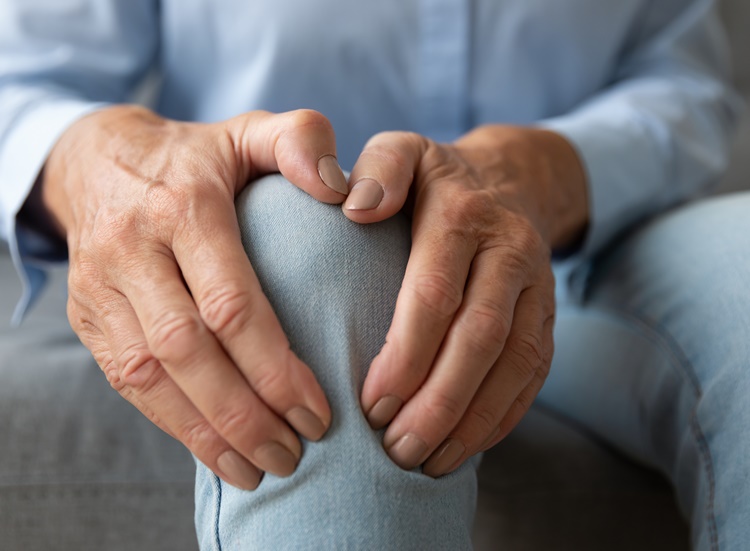
Because abuse can come from those you trust, you may not always recognise it for what it is. Abuse can look like the following situations:
Because abuse can come from those you trust, you may not always recognise it for what it is. Abuse can look like the following situations:

In Australia, around 1 in 6 older people experienced elder abuse in 2020. But older people tend to keep quiet when they're abused, due to feelings of shame or fear.
If you or someone you know needs help, you can call the National Elder Abuse helpline on 1800 ELDERHelp (1800 353 374).
And you can call 1800 700 600 for the Older Persons Advocacy Network, for advocacy support.
There are also some measures you can take to help guard against abuse.
In Australia, around 1 in 6 older people experienced elder abuse in 2020. But older people tend to keep quiet when they're abused, due to feelings of shame or fear.
If you or someone you know needs help, you can call the National Elder Abuse helpline on 1800 ELDERHelp (1800 353 374).
And you can call 1800 700 600 for the Older Persons Advocacy Network, for advocacy support.
There are also some measures you can take to help guard against abuse.
Read less....tmb-large%20card.png?sfvrsn=fd257e27_0)
Know your rights. You have the right to safe and respectful aged care, regardless of who is providing that care.
Be vigilant about your financial affairs. Let some trusted people know about your intentions. You can also consult a financial advisor.
And you should brush up on your online skills, so you can stay connected and informed on what’s not acceptable and who can help you.
Know your rights. You have the right to safe and respectful aged care, regardless of who is providing that care.
Be vigilant about your financial affairs. Let some trusted people know about your intentions. You can also consult a financial advisor.
And you should brush up on your online skills, so you can stay connected and informed on what’s not acceptable and who can help you.
Read less....tmb-large%20card.png?sfvrsn=dcf8253b_0)
Stay connected with your community and friends. This will build your confidence and strengthen your support network. And it will allow friends to check in on your health and happiness. Read more about the importance of staying connected here.
You can also look out for signs of abuse in other members of your community. If you see something, say something, and call 1800 ELDERHelp.
Stay connected with your community and friends. This will build your confidence and strengthen your support network. And it will allow friends to check in on your health and happiness. Read more about the importance of staying connected here.
You can also look out for signs of abuse in other members of your community. If you see something, say something, and call 1800 ELDERHelp.
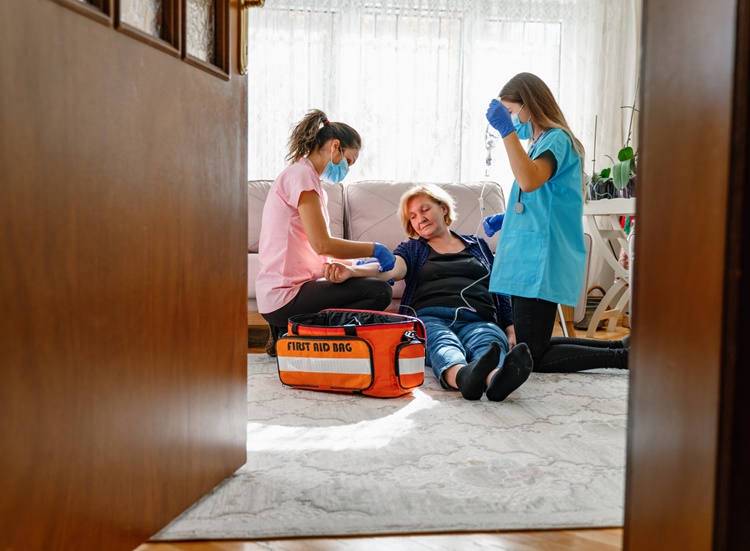
Here are some signs that someone you know may be experiencing abuse:
Here are some signs that someone you know may be experiencing abuse:
.tmb-large%20card.png?sfvrsn=a23ed8d2_2)
Psychological abuse was the most common form of elder abuse in Australia in 2020. This can take the form of threats, intimidation, bullying, humiliation, verbal abuse, or coercive control.
Coercive control is when someone exerts their power to control you. This can include other forms of abuse, such as physical and financial. These are inflicted in order to demoralise, disable, or maintain control over you.
For example, someone may use neglect as a form of coercive control. They may do this by refusing to give you medication or other necessary care until you do what they want.
Psychological abuse was the most common form of elder abuse in Australia in 2020. This can take the form of threats, intimidation, bullying, humiliation, verbal abuse, or coercive control.
Coercive control is when someone exerts their power to control you. This can include other forms of abuse, such as physical and financial. These are inflicted in order to demoralise, disable, or maintain control over you.
For example, someone may use neglect as a form of coercive control. They may do this by refusing to give you medication or other necessary care until you do what they want.
Read less...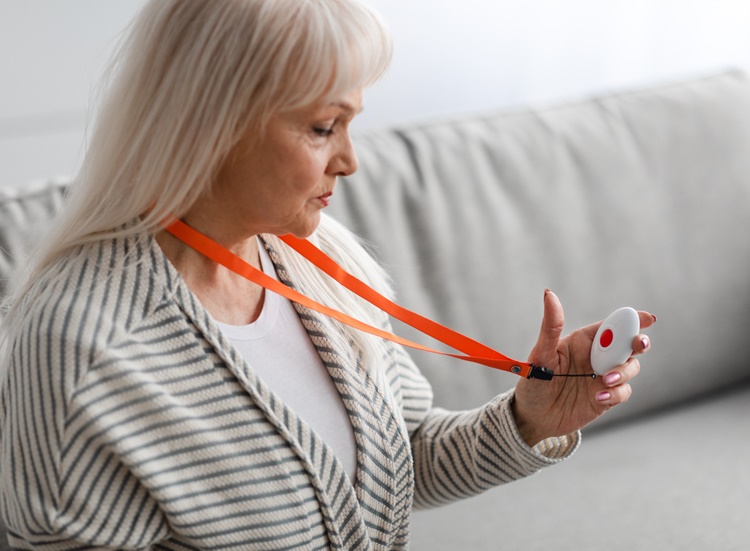
Neglect is failure to provide necessary care. For example:
If you're experiencing neglect, you can call 1800 ELDERHelp. Or make a complaint to the Aged Care Quality and Safety Commission.
Neglect is failure to provide necessary care. For example:
If you're experiencing neglect, you can call 1800 ELDERHelp. Or make a complaint to the Aged Care Quality and Safety Commission.
Read less...
Financial abuse can mean someone stealing or misusing your money, assets, or property.
For example, if someone coerces you into giving them control of your finances or moves into your house without your consent.
You have a right to decide what type of aged care you want to receive, and who you receive it from. This includes deciding what kind of assistance you want with your financial affairs.
Financial abuse can mean someone stealing or misusing your money, assets, or property.
For example, if someone coerces you into giving them control of your finances or moves into your house without your consent.
You have a right to decide what type of aged care you want to receive, and who you receive it from. This includes deciding what kind of assistance you want with your financial affairs.
Read less...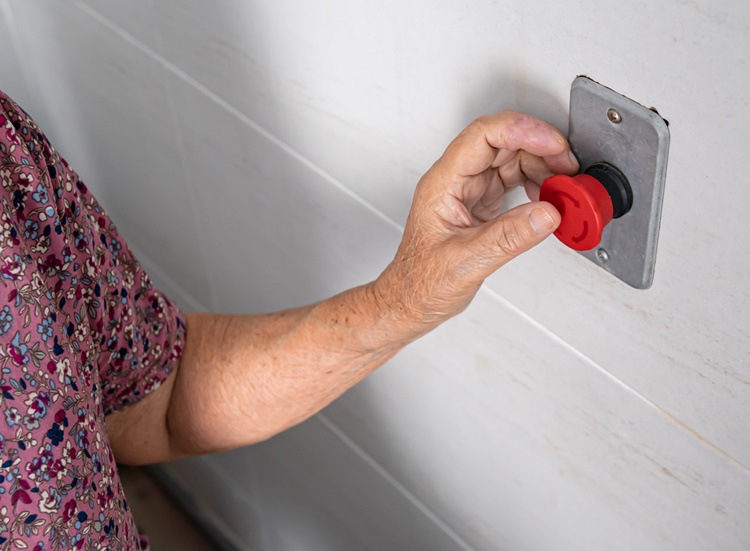
Does a family member feel entitled to your possessions? Perhaps due to their own financial burdens?
Are you dependent on a family member for care?
Does a family member have problems with addiction?
Do you feel frightened of a family member?
These are some of the common risk factors for financial abuse.
Does a family member feel entitled to your possessions? Perhaps due to their own financial burdens?
Are you dependent on a family member for care?
Does a family member have problems with addiction?
Do you feel frightened of a family member?
These are some of the common risk factors for financial abuse.
.tmb-large%20card.jpg?sfvrsn=8bd6d765_2)
You can call 1800 ELDERHelp if you suspect you're experiencing financial abuse. If your aged care provider is the perpetrator, you can make a complaint to the Aged Care Quality and Safety Commission.
Remember that no one can deny you your rights. Not even someone you've appointed with Enduring Power of Attorney.
If you're making an EPOA, make sure it's clear, detailed, and comprehensive. This will help protect your EPOA from misuse. If you think your EPOA is being misused, talk to an advocate.
You can call 1800 ELDERHelp if you suspect you're experiencing financial abuse. If your aged care provider is the perpetrator, you can make a complaint to the Aged Care Quality and Safety Commission.
Remember that no one can deny you your rights. Not even someone you've appointed with Enduring Power of Attorney.
If you're making an EPOA, make sure it's clear, detailed, and comprehensive. This will help protect your EPOA from misuse. If you think your EPOA is being misused, talk to an advocate.
Read less...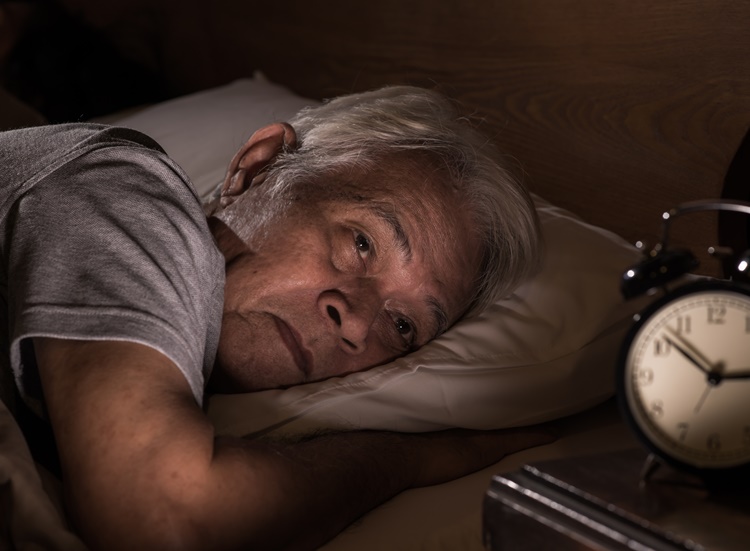
You have the right to live free from sexual assault. Sexual assault is sexual contact or behaviour that takes place without explicit consent. Consent must come from everyone involved in the act.
To speak to someone about sexual assault, you can ask your doctor, or call:
1800 RESPECT (1800 737 732) - the National Sexual Assault, Domestic Family Violence Counselling Service.
1800 FULLSTOP (1800 385 578) - Fullstop Australia, confidential counselling for people who have experienced sexual assault and their family members.
You have the right to live free from sexual assault. Sexual assault is sexual contact or behaviour that takes place without explicit consent. Consent must come from everyone involved in the act.
To speak to someone about sexual assault, you can ask your doctor, or call:
1800 RESPECT (1800 737 732) - the National Sexual Assault, Domestic Family Violence Counselling Service.
1800 FULLSTOP (1800 385 578) - Fullstop Australia, confidential counselling for people who have experienced sexual assault and their family members.
Read less...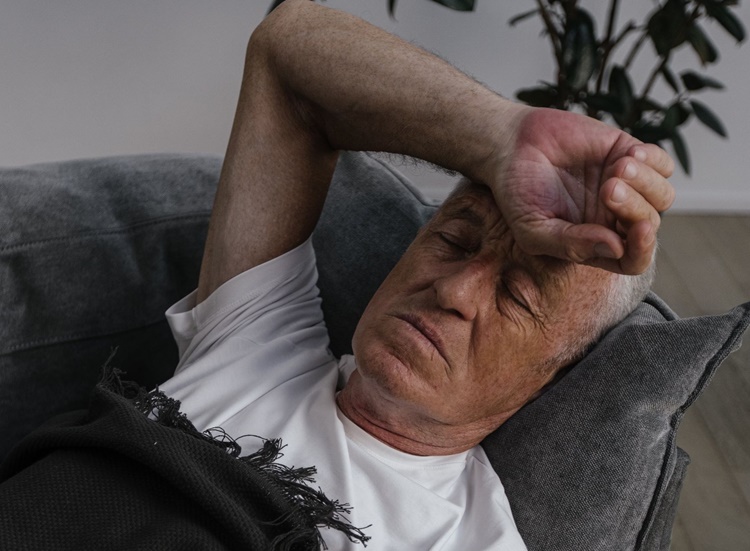
Physical abuse is the use of physical force to inflict pain or injury. Such as someone hitting or shoving you or throwing things at you in an argument.
But there are some forms of physical abuse that may not be as easy to recognise. Such as improper use of restrictive practices.
Restrictive practices are actions that limit your freedom of movement. This is more common in residential care but can also affect older people living at home. Restrictive practices must only be a last resort to prevent harm. And should only be used with your informed consent by an approved practitioner who knows you.
Restraints can be by chemical, environmental, mechanical, or physical means, or by seclusion.
Physical abuse is the use of physical force to inflict pain or injury. Such as someone hitting or shoving you or throwing things at you in an argument.
But there are some forms of physical abuse that may not be as easy to recognise. Such as improper use of restrictive practices.
Restrictive practices are actions that limit your freedom of movement. This is more common in residential care but can also affect older people living at home. Restrictive practices must only be a last resort to prevent harm. And should only be used with your informed consent by an approved practitioner who knows you.
Restraints can be by chemical, environmental, mechanical, or physical means, or by seclusion.
Read less...
Chemical restraint involves the use of medication to affect your behaviour. An example is someone sedating you to limit your movement.
Environmental restraint is restriction of your access to all parts of your environment. Your environment is your home, or your room and common areas, including outside areas. This also includes access to items and activities. An example is someone removing your walking frame from your reach so you can’t go outside.
Mechanical restraint involves the use of a device to subdue your movement. An example might be the use of a lap belt or bed rails to prevent you from getting up. Or someone applying the brakes to your wheelchair, so you stay in one place.
Chemical restraint involves the use of medication to affect your behaviour. An example is someone sedating you to limit your movement.
Environmental restraint is restriction of your access to all parts of your environment. Your environment is your home, or your room and common areas, including outside areas. This also includes access to items and activities. An example is someone removing your walking frame from your reach so you can’t go outside.
Mechanical restraint involves the use of a device to subdue your movement. An example might be the use of a lap belt or bed rails to prevent you from getting up. Or someone applying the brakes to your wheelchair, so you stay in one place.
Read less...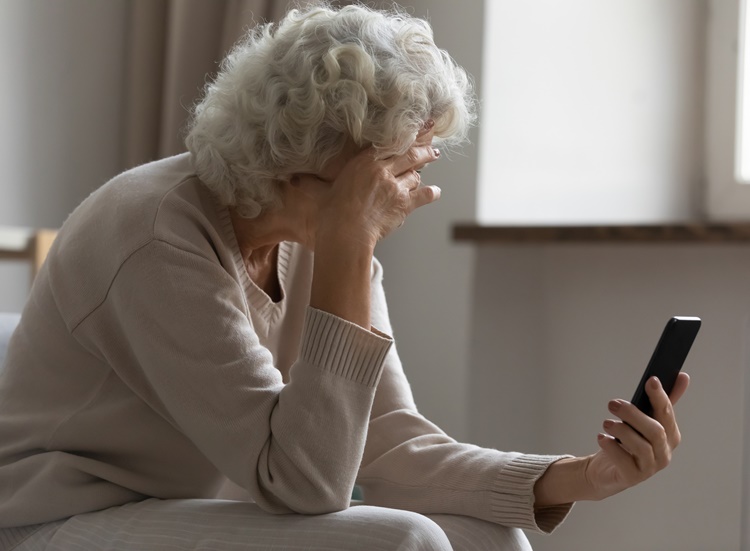
Physical restraint is the use of physical force to control your movement. An example is being pinned down to receive medication. Or someone holding you in place to force personal care on you, such as showering.
Seclusion is when you are confined to a room or physical space without the option to exit. An example is someone locking you alone in your room as a punishment.
Unnecessary use of restrictive practices is abuse. And not in line with the Aged Care Quality Standards. You can call 1800 ELDERHelp. Or make a complaint to the Aged Care Quality and Safety Commission.
If you are being physically abused, you can also contact the police. For urgent help, call 000. You can call 131 444 to be connected to your local non-emergency line.
Physical restraint is the use of physical force to control your movement. An example is being pinned down to receive medication. Or someone holding you in place to force personal care on you, such as showering.
Seclusion is when you are confined to a room or physical space without the option to exit. An example is someone locking you alone in your room as a punishment.
Unnecessary use of restrictive practices is abuse. And not in line with the Aged Care Quality Standards. You can call 1800 ELDERHelp. Or make a complaint to the Aged Care Quality and Safety Commission.
If you are being physically abused, you can also contact the police. For urgent help, call 000. You can call 131 444 to be connected to your local non-emergency line.
Read less....tmb-large%20card.png?sfvrsn=edab9711_6)
Many LGBTQIA+ individuals experience ill mental health from the lasting impacts of abuse and discrimination. You have the right to inclusive and culturally safe support and services.
LGBTIQ+ Health Australia has a list of supports for older people in the LGBTQIA+ community. This includes mentoring programs, and support for:
Many LGBTQIA+ individuals experience ill mental health from the lasting impacts of abuse and discrimination. You have the right to inclusive and culturally safe support and services.
LGBTIQ+ Health Australia has a list of supports for older people in the LGBTQIA+ community. This includes mentoring programs, and support for:
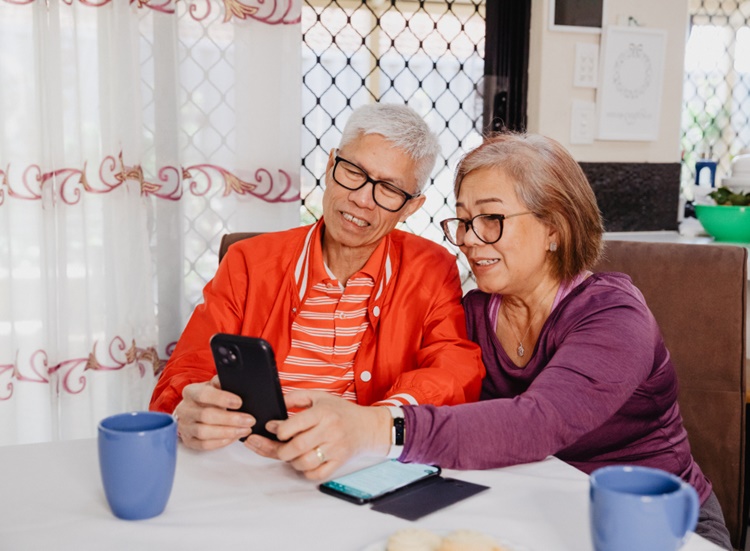
The Australian Human Rights Commission has informative brochures about abuse of older people available in 20 languages.
Need advocacy support in Victoria? You can download these Elder Rights Advocacy brochures in different languages.
The Older Persons Advocacy Network can provide interpreting services when you call them. OPAN is available to all of Australia. You can also reach OPAN via the National Relay Service. Or you can contact the Translating and Interpreting Service on 131 450.
The Australian Human Rights Commission has informative brochures about abuse of older people available in 20 languages.
Need advocacy support in Victoria? You can download these Elder Rights Advocacy brochures in different languages.
The Older Persons Advocacy Network can provide interpreting services when you call them. OPAN is available to all of Australia. You can also reach OPAN via the National Relay Service. Or you can contact the Translating and Interpreting Service on 131 450.
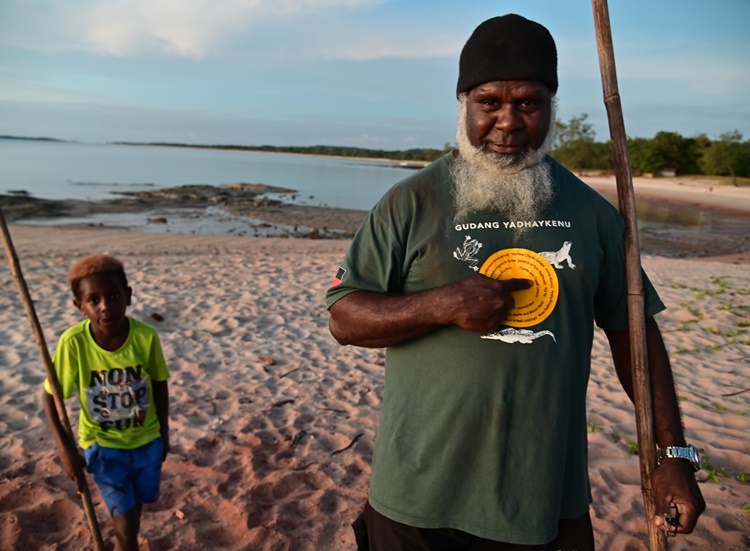
Many First Nations people suffer the lasting impacts of abuse and discrimination. Older people living in rural and remote areas may also be more vulnerable to abuse.
There is advocacy help available for Aboriginal Elders.
For Aboriginal language interpreting services:
Many First Nations people suffer the lasting impacts of abuse and discrimination. Older people living in rural and remote areas may also be more vulnerable to abuse.
There is advocacy help available for Aboriginal Elders.
For Aboriginal language interpreting services:
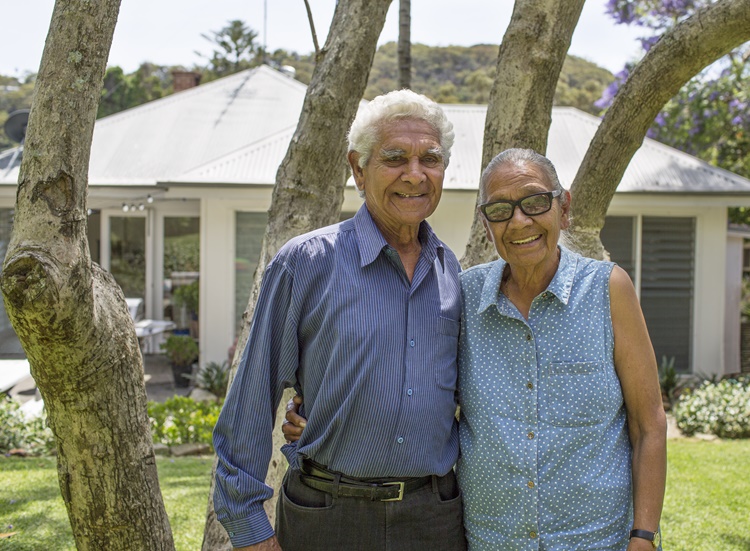
WellMob provides social, emotional and cultural wellbeing online resources for Aboriginal and Torres Strait Islander People.
Call 13YARN (13 92 76) for 24/7 culturally safe crisis support provided by other Aboriginal and Torres Strait Islander people.
Call 1800 435 799 for Brother to Brother, a crisis line for Aboriginal men, staffed by Aboriginal men and Elders.
WellMob provides social, emotional and cultural wellbeing online resources for Aboriginal and Torres Strait Islander People.
Call 13YARN (13 92 76) for 24/7 culturally safe crisis support provided by other Aboriginal and Torres Strait Islander people.
Call 1800 435 799 for Brother to Brother, a crisis line for Aboriginal men, staffed by Aboriginal men and Elders.
Read less....tmb-large%20card.png?sfvrsn=9e27de3b_2)
When abuse is hidden, it can continue and escalate.
Only 1 in 3 of the older people who experienced abuse in Australia in 2020 sought help from a third party. Help could come from friends, family, trusted health professionals, police, or lawyers. There are also always helplines available to you.
You can call 13 11 14 for Lifeline Australia, for 24-hour crisis support. Learn more about finding mental health support here.
You can also browse the highlights of last year's Art Against Ageism Competition with AMCS. Or consider entering this year's competition to make your voice heard.
When abuse is hidden, it can continue and escalate.
Only 1 in 3 of the older people who experienced abuse in Australia in 2020 sought help from a third party. Help could come from friends, family, trusted health professionals, police, or lawyers. There are also always helplines available to you.
You can call 13 11 14 for Lifeline Australia, for 24-hour crisis support. Learn more about finding mental health support here.
You can also browse the highlights of last year's Art Against Ageism Competition with AMCS. Or consider entering this year's competition to make your voice heard.
Read less...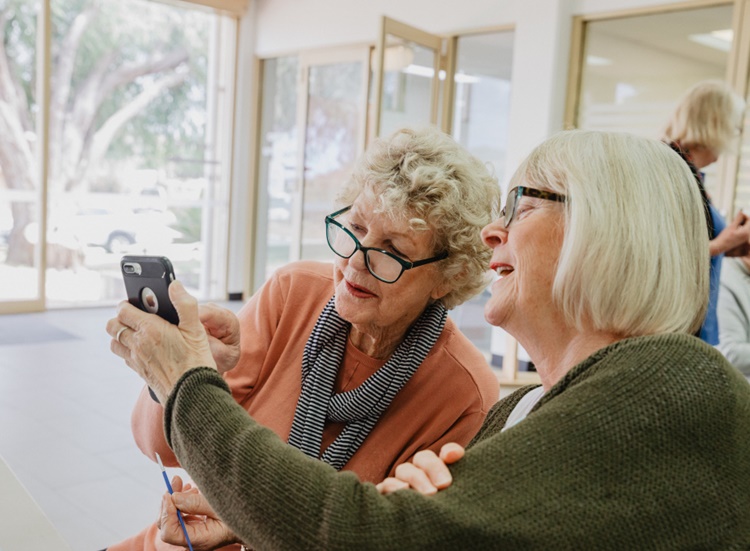
If you need more information, get in touch with one of our helpful team on 1800 951 971.
The Older Persons Advocacy Network provide free education sessions around identifying and preventing abuse.
Access the OPAN self-advocacy toolkit here.
If you need more information, get in touch with one of our helpful team on 1800 951 971.
The Older Persons Advocacy Network provide free education sessions around identifying and preventing abuse.
Access the OPAN self-advocacy toolkit here.
Read less...Australian Institute of Health and Welfare. (2024, September). Older people: Family, domestic and sexual violence. https://www.aihw.gov.au/family-domestic-and-sexual-violence/population-groups/older-people
Aged Care Quality and Safety Commission. Code of conduct for aged care providers. https://www.agedcarequality.gov.au/for-providers/code-conduct
1800RESPECT. Psychological abuse. https://www.1800respect.org.au/violence-and-abuse/psychological-abuse
Compass. (2024, July). Misuse of enduring power of attorney. https://www.compass.info/featured-topics/powers-of-attorney/misuse-of-enduring-power-of-attorney/
Seniors Rights Victoria. Elder abuse. https://seniorsrights.org.au/elder-abuse/#:~:text=Physical%20abuse%20is%20the%20use,to%20control%20the%20older%20person.
Aged Care Quality and Safety Commission. Overview of restrictive practices. https://www.agedcarequality.gov.au/sites/default/files/media/overview-of-restrictive-practices_0.pdf
Aged Care Quality and Safety Commission. Aged care quality standards. https://www.agedcarequality.gov.au/providers/quality-standards
Australian Institute of Family Studies. (2019, July). Elder abuse in rural and remote communities. https://aifs.gov.au/resources/short-articles/elder-abuse-rural-and-remote-communities
Take our easy OpenUp quiz to get personalised advice and see suggested products, services and support in your local area or online.
Let's go!